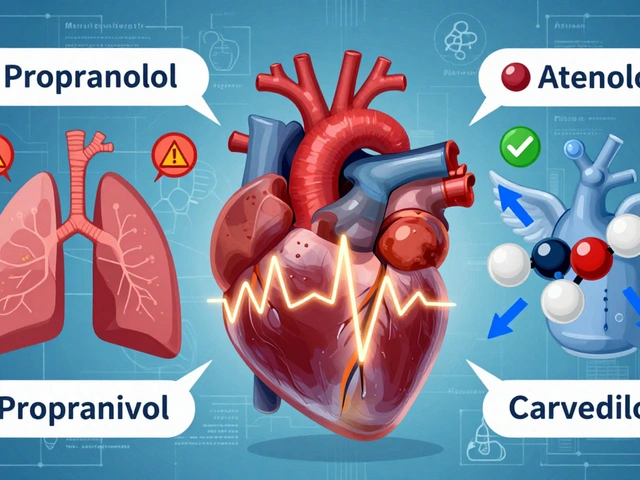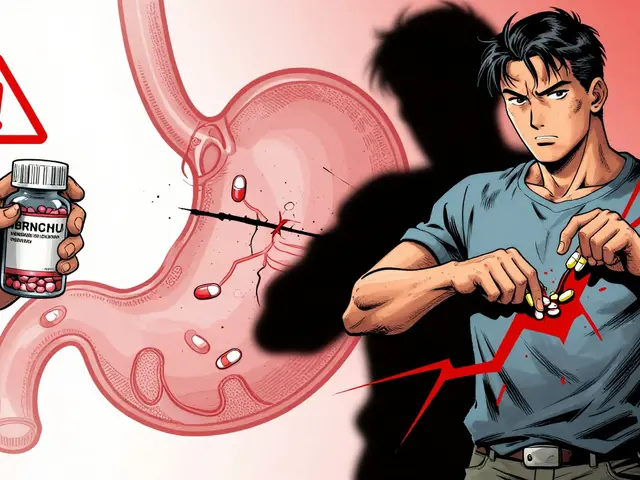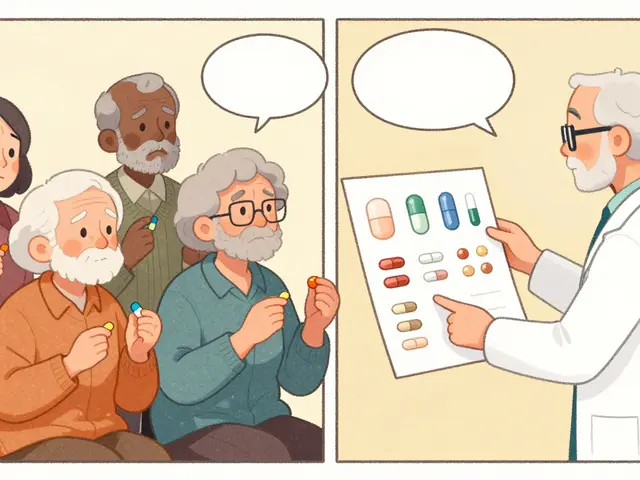Hypothyroidism Treatment: Simple Tips You Can Start Today
If your doctor told you you have an underactive thyroid, you might wonder what comes next. The good news is that most people feel better with the right mix of medication, food choices, and daily habits. Below we break down the basics so you can take control without feeling overwhelmed.
Medication Basics – What to Know About Levothyroxine
The cornerstone of treatment is usually levothyroxine, a synthetic hormone that replaces what your thyroid isn’t making. The dose is personalized; doctors start low and adjust based on blood tests. Here’s how you can keep it working:
- Take the pill first thing in the morning with a full glass of water.
- Avoid coffee, calcium supplements, or iron within 30‑40 minutes – they can block absorption.
- Stick to the same brand unless your doctor says otherwise. Switching can change how much hormone you actually get.
- Get your TSH level checked every 6–12 weeks after any dose change. That’s the best way to know if you’re on track.
If you miss a dose, just take it as soon as you remember unless it’s almost time for the next one – then skip it and continue with your regular schedule. Doubling up won’t help and could cause side effects.
Natural Helpers – Diet, Exercise, and Lifestyle
Medication does most of the heavy lifting, but what you eat and how you move can smooth out the bumps.
Foods to focus on: iodine‑rich seaweed, selenium‑packed Brazil nuts, and zinc sources like pumpkin seeds. These nutrients support thyroid hormone production.
Watch the goitrogens: raw broccoli, cabbage, soy, and kale contain compounds that can interfere with your thyroid if you eat huge amounts. Cooking usually deactivates them, so a stir‑fry or steamed side is fine.
Regular exercise helps boost energy and keep weight in check – two common concerns for hypothyroid patients. Aim for 30 minutes of brisk walking, cycling, or swimming most days. Even short bouts of movement can improve mood and metabolism.
Stress matters: Chronic stress raises cortisol, which can blunt thyroid hormone action. Simple practices like deep breathing, a quick walk outside, or a few minutes of meditation each day make a difference.
Sleep is another hidden factor. Aim for 7‑9 hours of quality rest; poor sleep can mess with hormone balance and leave you feeling sluggish despite medication.
Supplements: Only add them if your doctor recommends. Too much iodine or selenium can backfire, and some over‑the‑counter blends contain fillers that interfere with levothyroxine absorption.
Finally, keep a symptom journal. Note energy levels, weight changes, temperature sensitivity, and any new aches. This record helps you and your doctor spot trends faster than occasional blood tests alone.
Remember, treating hypothyroidism isn’t a one‑size‑fits‑all plan. Your body will tell you what works best, and small tweaks often lead to big improvements. Stay consistent with medication, eat mindfully, move regularly, and check in with your doctor every few months. With that routine, most people get their spark back and can handle daily life without constant fatigue.











